Ability Collocation for IELTS: A List to Boost Your Score
6 min read
Updated On
-
Copy link
Boost your IELTS vocabulary with expert guidance on ability collocations for Band 9. This blog provides meanings and examples, and includes interesting exercises to enhance your writing precision, speaking confidence, and overall IELTS score potential.
Table of Contents

Limited-Time Offer : Access a FREE 10-Day IELTS Study Plan!
The word ‘ability’ frequently appears across topics, from education and work to technology and personal experience, making it versatile. It represents the power, skill, or capacity to do something. However, to express it naturally and accurately, you must use it with the right ability collocations for IELTS.
Therefore, in this blog, we will explore different ability collocations with advanced vocabulary word lists for IELTS, categorized into verbs, adjectives, and other useful combinations, to help you enrich your vocabulary.
Lists of Ability Collocations for IELTS to Boost Your Score
Mastering the ability collocations for IELTS will help you confidently discuss topics about education, jobs, intelligence, sports, and personal development. As a result, these natural, idiomatic expressions make your language more precise, fluent, and academic, qualities examiners look for in Band 7–9 performance.
Therefore, we will explore lists of different ability collocations for IELTS in the tables below for a better IELTS vocabulary score. Each table will have the meanings and original example sentences for the specific collocation.
Verb + Ability Collocations
The following verb + ability collocations describe how ability is used, affected, assessed, or demonstrated. They are particularly useful in academic essays, work-related IELTS topics, and IELTS Speaking Part 2 descriptions about learning or achievement.
|
Verb + Ability |
Meaning |
Example Sentence |
|---|---|---|
|
affect ability |
to influence how capable someone is |
Stress can affect your ability to concentrate. |
|
assess ability |
to evaluate how skilled someone is |
Teachers often assess students’ abilities through practical tests. |
|
overestimate ability |
to believe you are more capable than you are |
He overestimated his ability to finish the task on time. |
|
lose ability |
to become unable to do something |
Some elderly people gradually lose their ability to remember details. |
|
doubt ability |
to feel uncertain about your skill |
Many learners doubt their ability to succeed in English exams. |
|
show ability |
to demonstrate skill or talent |
She showed great ability in solving complex problems. |
|
develop ability |
to improve or strengthen skill |
The program helps students develop their creative abilities. |
|
demonstrate ability |
to clearly prove skill |
Job applicants must demonstrate their ability to work in a team. |
Noun + Preposition + Ability Collocations
These collocations link ability with nouns or prepositions to describe confidence, opportunity, or the use of skill. They help make your writing sound structured and formal. In IELTS, these are excellent for IELTS Writing, especially on topics like education, employment, or training.
|
Noun + Preposition + Ability |
Meaning |
Example Sentence |
|---|---|---|
|
confidence in ability |
belief in one’s own skill |
She has confidence in her ability to achieve her goals. |
|
test of ability |
an assessment that measures skill |
The entrance exam was a true test of ability. |
|
reflection of ability |
something that shows how skilled someone is |
Exam results are not always a reflection of ability. |
|
lack of ability |
not having enough skill |
The project failed due to a lack of ability among the staff. |
|
best use of ability |
using one’s skill in the most effective way |
Good leaders make the best use of their team’s abilities. |
|
measure of ability |
a way of evaluating talent |
IQ tests are often used as a measure of ability. |
|
recognition of ability |
acknowledgement of someone’s talent |
She was promoted in recognition of her ability and dedication. |
Common Adjective + Ability Collocations
Adjective collocations describe the type, degree, or quality of someone’s ability. These help you add detail and precision, ideal for Band 8+ vocabulary use in IELTS Writing and Speaking.
|
Adjective + Ability |
Meaning |
Example Sentence |
|---|---|---|
|
average ability |
neither exceptional nor poor |
The students in the group are of average ability. |
|
incredible ability |
extremely impressive skill |
He has an incredible ability to remember faces. |
|
natural ability |
skill someone is born with |
She showed a natural ability for languages from a young age. |
|
mixed ability |
group with varying levels of skill |
Teachers often manage mixed-ability classrooms. |
|
considerable ability |
a high level of talent |
The manager displayed considerable ability in handling the crisis. |
|
proven ability |
ability that has been demonstrated successfully |
Applicants must have proven ability in leadership. |
|
limited ability |
restricted level of skill |
Some people have limited ability to cope with stress. |
|
exceptional ability |
outstanding or rare skill |
The student has exceptional ability in mathematics. |
Other Useful Expressions with ‘Ability’
These phrases are perfect for formal essays or self-reflection in speaking (e.g., describing strengths, goals, or achievements). Adding them to the academic collocation list and using them naturally can raise your Lexical Resource score by showing both variety and control.
|
Expression |
Meaning |
Example Sentence |
|---|---|---|
|
to the best of one’s ability |
doing something as well as one can |
I completed the project to the best of my ability. |
|
show one’s true ability |
to demonstrate real talent |
The competition gave her a chance to show her true ability. |
|
have the ability to do something |
be capable of doing something |
Not everyone has the ability to work under pressure. |
|
beyond one’s ability |
too difficult for someone |
This task is beyond my ability at the moment. |
Notes1. Here are three ways to describe ‘great’ ability:
2. Remember that an adjective collocation can come before or after the noun:
3. Notice the use of ‘best’ in 2-5. ‘Best’ is usually an adjective, but it is used as a noun in the expression to ‘do something to the best of your ability’. 4. We can talk about specific abilities:
5. When we talk about very intelligent children, we often call them ‘children of above average ability’. |
Ability Collocation for IELTS: Practice Exercises
We have created some exercises given below that you can work through to improve your understanding and usage of the ability collocations for the IELTS exam.
Exercise A: Use the correct form of these verbs.
| affect | assess | overestimate |
| lose | doubt | show |
- Examinations are not the only means of______someone’s ability. There are other ways of measuring potential.
- At first I questioned his abilities, but he has done the job so well. I’m now ashamed that I had so little confidence in him and that I______his abilities in the first place.
- It is a well-known fact that even small amounts of alcohol can______your ability to drive safely.
- She was so shocked by the accident that she______the ability to speak.
- Although Peter______a lot of ability as a teenager, he just wasn’t good enough to go professional.
- I had to give up half way through the race. I had obviously______my ability to run a marathon.
Exercise B: Use these nouns in the sentences.
| confidence | test | reflection |
| lack | best | use |
- Tiger Woods may be the best golfer in the world, but the Open Championship next week will be a real______of his ability.
- Raymond is very clever, but he doesn’t make full______of his abilities.
- I was surprised when he failed his examinations. His results are certainly not a true______of his abilities.
- He’s extremely competent and will do the job properly. I have every______in his ability.
- He said that he would try to do the job to the______of his ability.
- I believe he lost confidence. His failure was not due to a______of ability.
Exercise C: Use these adjectives in the sentences.
| average | incredible | natural |
| mixed | considerable | proven |
- Most of us have to work hard to learn to play a musical instrument. However, there are people who are born with a______ability and who learn effortlessly.
- The students in my class are of______ability, so I teach them in groups according to their level.
- I have no doubts that he has______ability, but I don’t think his personality is suited to this kind of work.
- We need somebody who has done this before – with the______ability to do the job.
- I’m not a genius and I’m not stupid. I would describe myself as being of______ability.
- I don’t know how she does it, but Annie Lennox has this______ability to electrify her audience.
Ability Collocations Answer Keys for Practice Exercises
Ex A:
- assessing
- doubted
- affect
- lost
- showed
- overestimated
Ex B:
- test
- use
- reflection
- confidence
- best
- lack
Ex C:
- natural
- mixed
- considerable
- proven
- average
- incredible
To conclude, using ability collocations correctly is a sign of advanced English mastery. They let you express ideas about talent, competence, and potential clearly and fluently. So, next time you prepare for IELTS, do not just memorize the word ‘ability’; learn how it collocates naturally with other words. This simple shift will make your English sound more native-like, polished, and powerful.
Useful Links:
- Power Collocation for IELTS: A List to Boost Your Score
- Value Collocation for IELTS: A List to Boost Your Score
- Using Collocation to Boost Your IELTS Score - Key Word: Behaviour
- Instruction Collocation for IELTS: A List to Boost Your Score
- Using Collocation to Boost Your IELTS Score – Key Word: Idea

Start Preparing for IELTS: Get Your 10-Day Study Plan Today!
Learn more Collocations
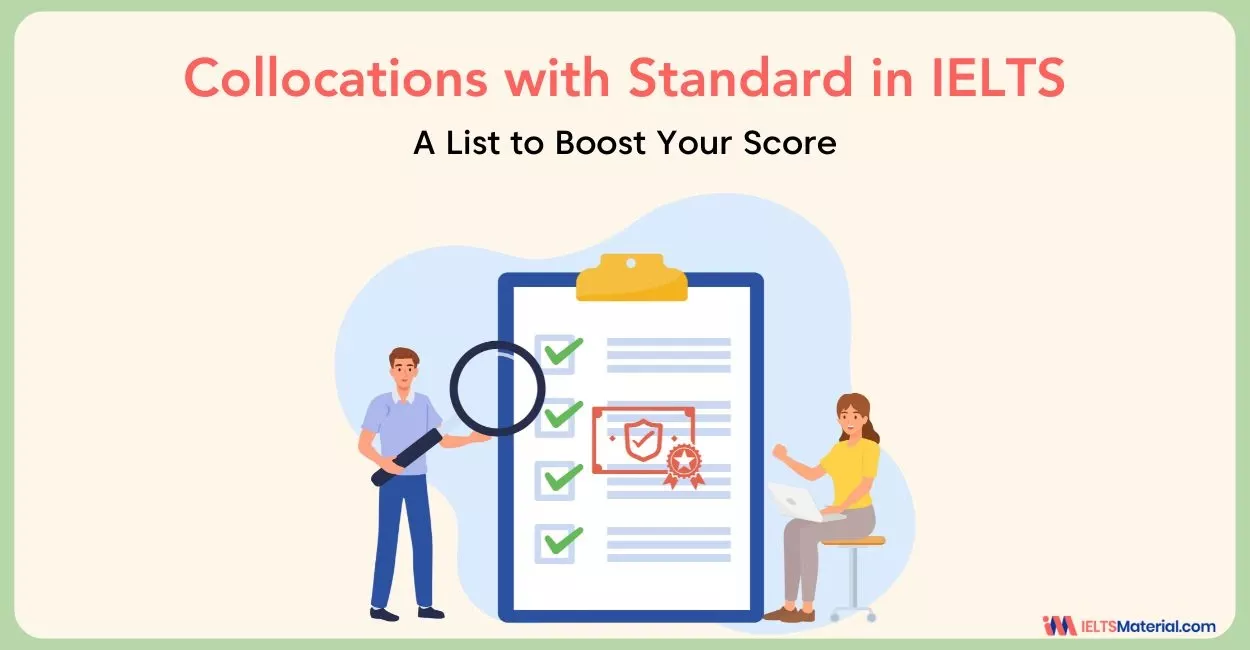
Kasturika Samanta
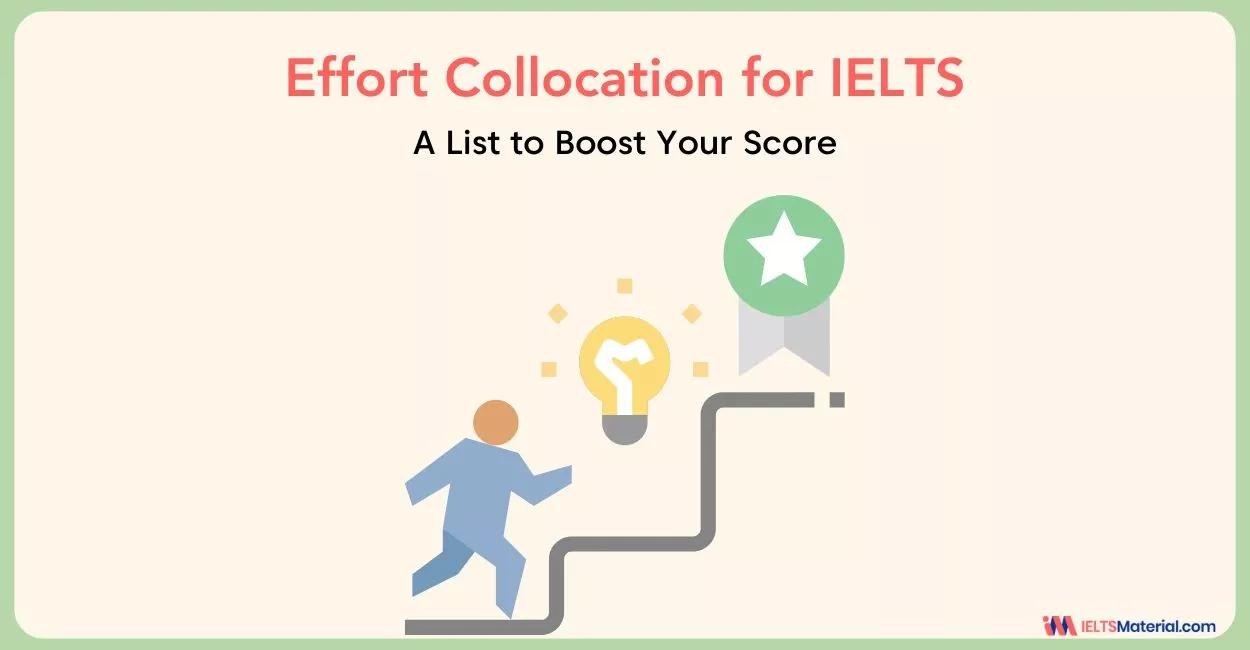
Nehasri Ravishenbagam
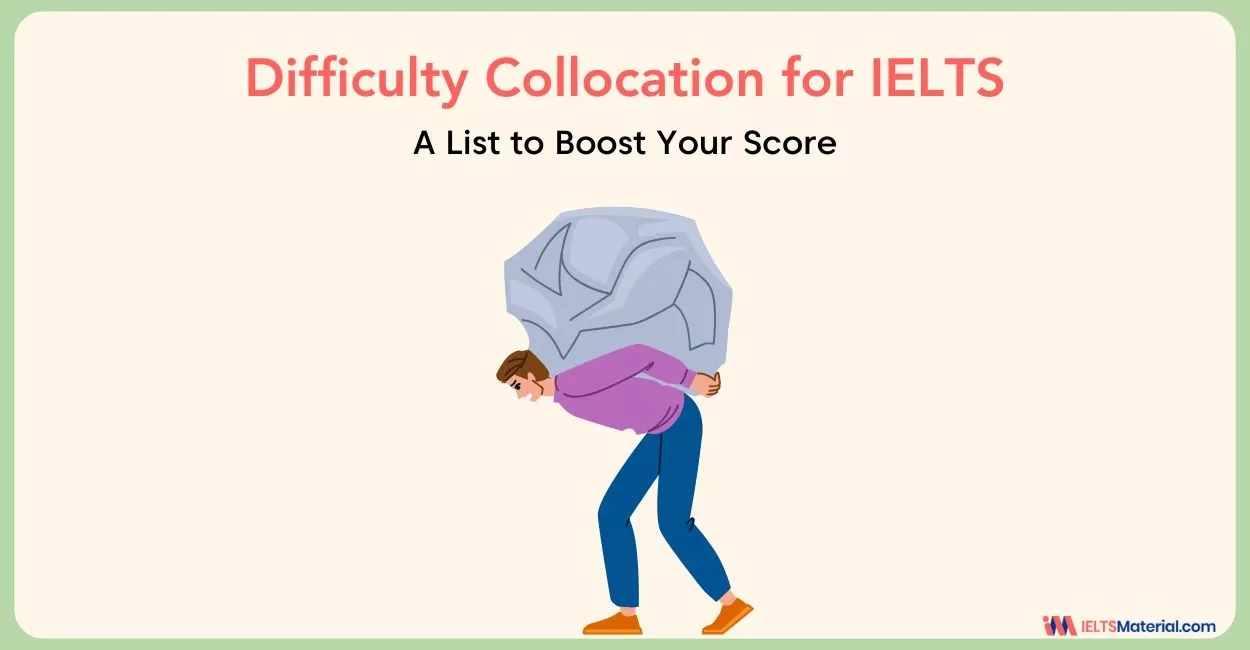
Kasturika Samanta
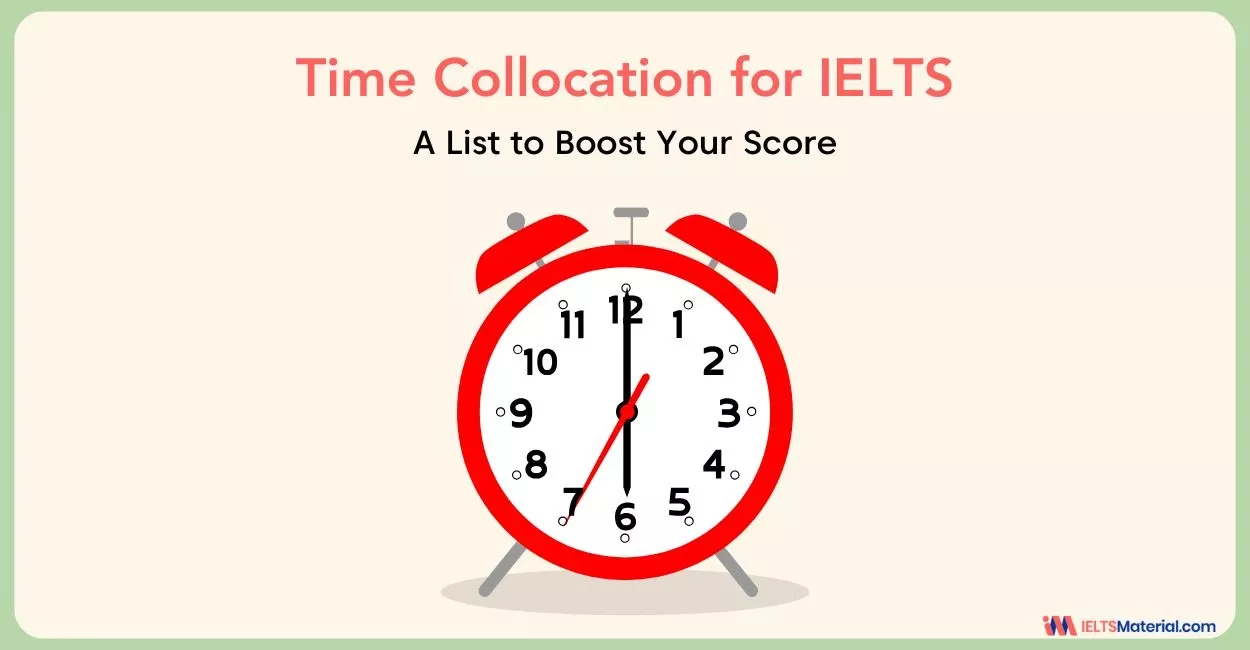
Nehasri Ravishenbagam
Recent Articles

Nitika Gupt

Nehasri Ravishenbagam

Nehasri Ravishenbagam
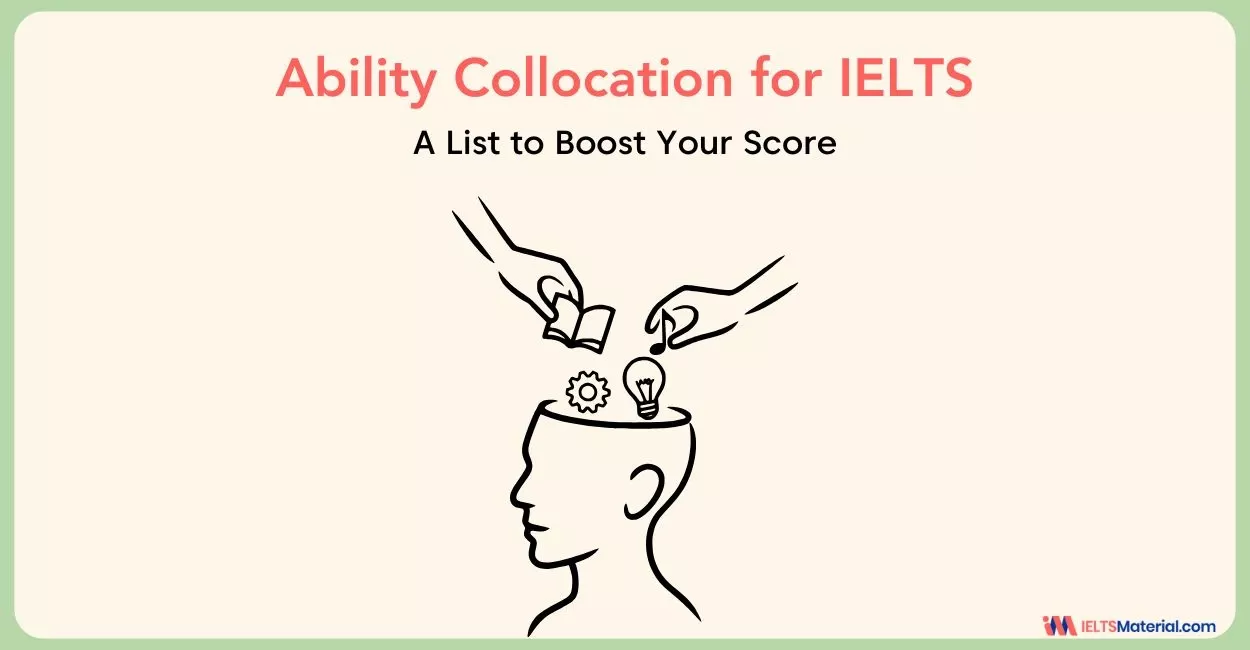




Post your Comments